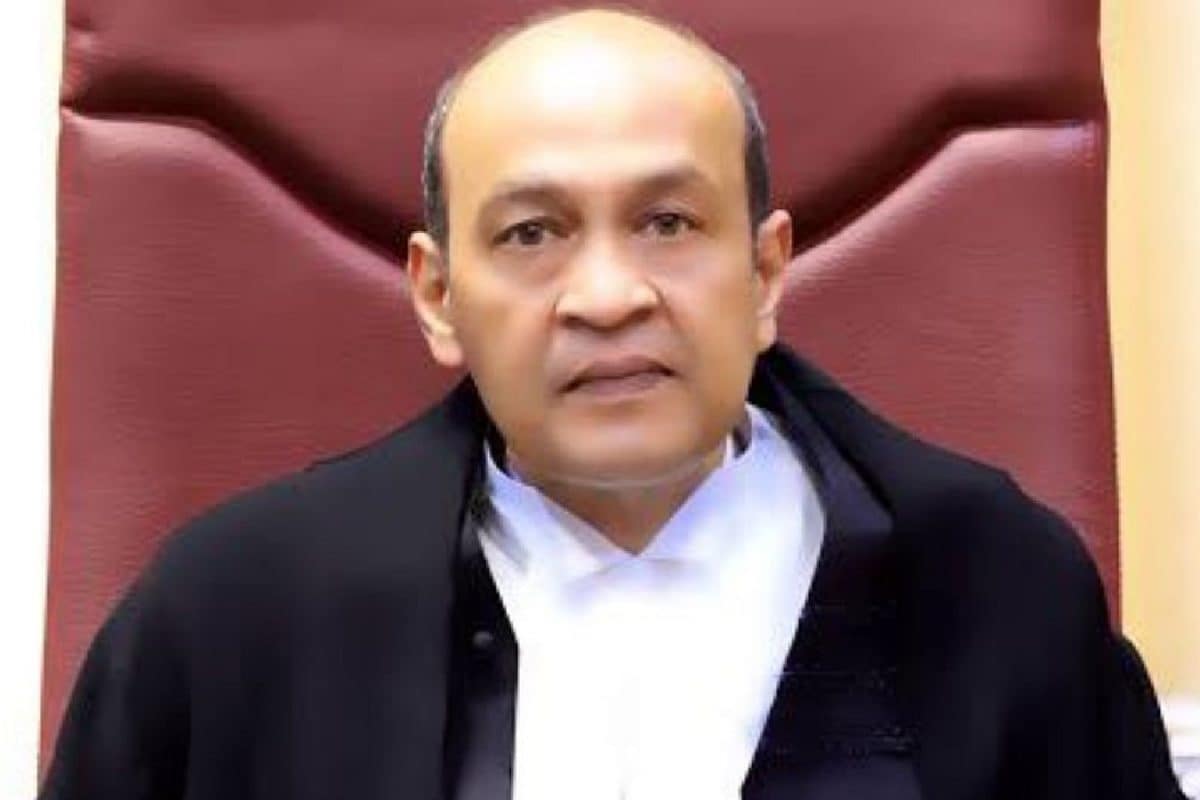

The government is reportedly considering bringing an impeachment motion against Justice Yashwant Varma in the upcoming monsoon session of Parliament, according to government sources. This development follows Justice Varma's indictment by a Supreme Court-appointed in-house inquiry panel in connection with the discovery of a substantial amount of burnt cash at his official residence in New Delhi earlier this year.
The controversy began on March 14, 2025, when a fire broke out at Justice Varma's residence. During the fire, authorities discovered a large quantity of partially burnt Indian currency notes. This discovery led to allegations of misconduct against the judge, which he has vehemently denied, claiming a conspiracy to tarnish his reputation.
Following the incident, the Supreme Court took cognizance of the matter and initiated an in-house inquiry. A three-member committee was formed, comprising Chief Justices Sheel Nagu (Punjab and Haryana High Court) and G.S. Sandhawalia (Himachal Pradesh High Court), along with Justice Anu Sivaraman (Karnataka High Court). The committee was tasked with investigating the allegations surrounding the cash discovery.
The committee has confirmed the allegations relating to the discovery of cash at Justice Varma's official residence in New Delhi after a fire broke out there around Holi on March 14. The panel examined evidence and recorded statements from over 50 individuals, including Delhi Police Commissioner Sanjay Arora and the chief of Delhi Fire Services.
The then Chief Justice of India (CJI) Sanjiv Khanna, after receiving the committee's report, recommended to the Centre the impeachment of Justice Yashwant Varma. CJI Khanna also shared the report with Justice Varma, seeking his response in accordance with the principles of natural justice. Justice Varma has denied the allegations in his responses to both the Delhi high court Chief Justice and the Supreme Court-appointed committee.
According to established in-house procedures, the CJI advises a judge to resign in light of serious findings. If the judge does not comply, the CJI may proceed with recommending impeachment. CJI Khanna had reportedly urged Justice Varma to resign, citing the panel's findings.
The President has now referred the former CJI's recommendation to the Chairman of the Rajya Sabha and the Lok Sabha Speaker. Parliamentary Affairs Minister Kiren Rijiju is expected to initiate discussions with leaders of all major political parties to build consensus on the motion.
To initiate impeachment proceedings, at least 50 members in the Rajya Sabha or 100 members in the Lok Sabha must support the motion. For the impeachment motion against a judge to be passed, at least two-thirds of those present and voting in both Lok Sabha and Rajya Sabha must vote in favour of the motion. The number of votes in favour must be more than 50 per cent of the total membership of each House. If Parliament passes the vote, the President will then pass an order for the removal of the judge.
In the interim, Justice Varma has been transferred to the Allahabad High Court, but no judicial work is being assigned to him on the instructions of the current CJI.